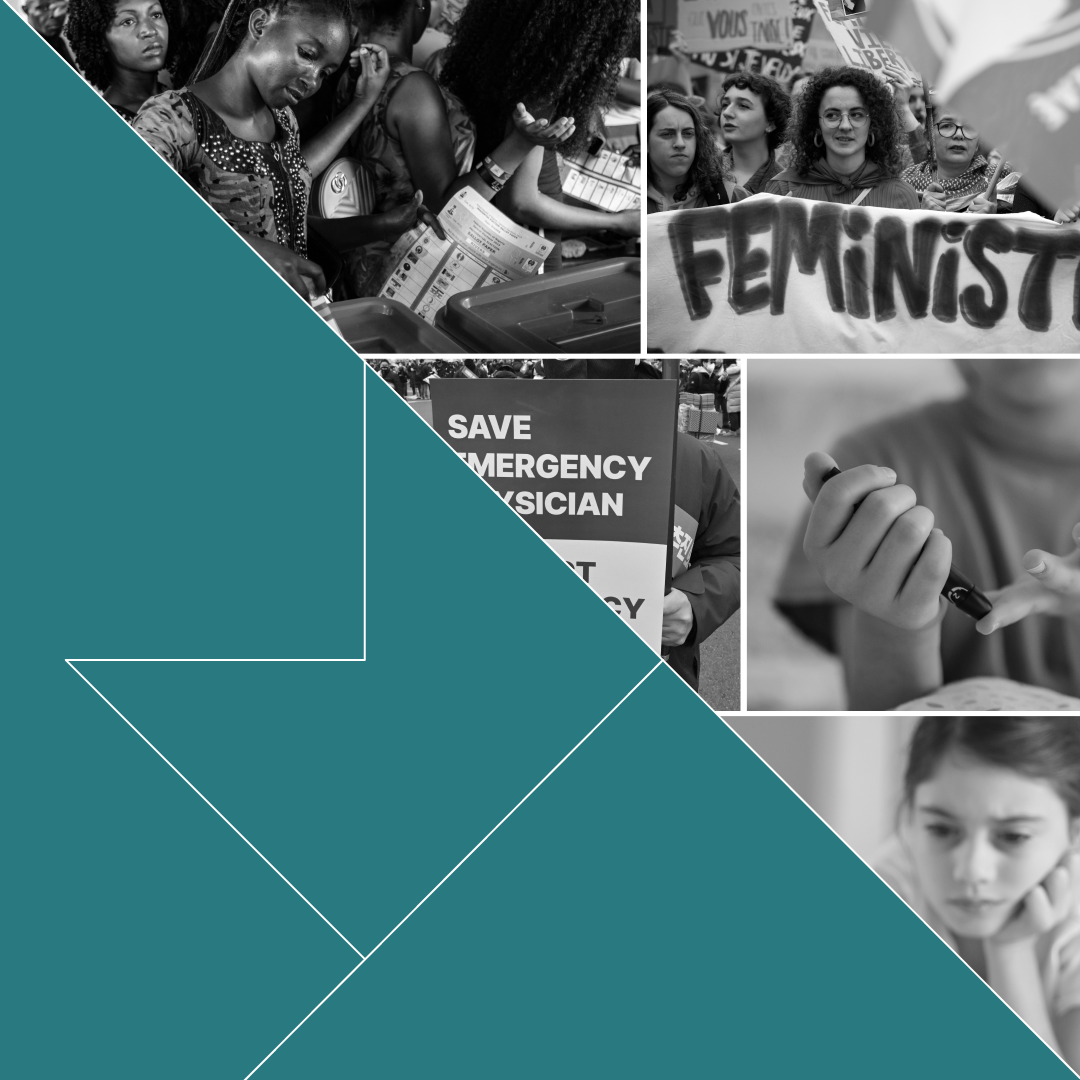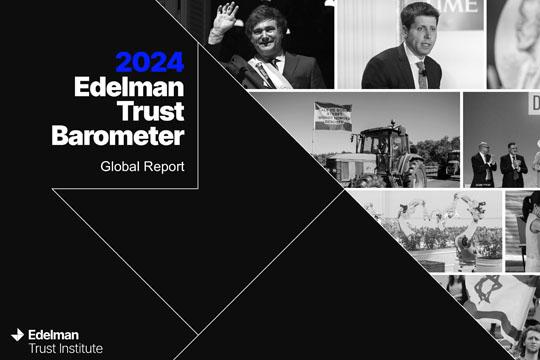- Global (EN)
- Africa (EN)
- Australia (EN)
- Belgium (EN)
- Brasil (PT)
- Canada (EN)
- Canada (FR)
- China (CN)
- France (FR)
- Germany (DE)
- Germany (EN)
- Hong Kong, China (EN)
- India (EN)
- Indonesia (EN)
- Ireland (EN)
- Italy (IT)
- Italy (EN)
- Japan (JP)
- Korea (KR)
- Latin America (ES)
- Malaysia (EN)
- Middle East (EN)
- Netherlands (EN)
- Spain (ES)
- UK (EN)
- Global (EN)
- Africa (EN)
- Australia (EN)
- Belgium (EN)
- Brasil (PT)
- Canada (EN)
- Canada (FR)
- China (CN)
- France (FR)
- Germany (DE)
- Germany (EN)
- Hong Kong, China (EN)
- India (EN)
- Indonesia (EN)
- Ireland (EN)
- Italy (IT)
- Italy (EN)
- Japan (JP)
- Korea (KR)
- Latin America (ES)
- Malaysia (EN)
- Middle East (EN)
- Netherlands (EN)
- Spain (ES)
- UK (EN)
- Patient advocacy is more important than ever amid challenges like healthcare costs, the politization of healthcare, and cybersecurity threats.
- Advocacy organizations can provide patients with vital information.
- Fellow patients and advocates discussing new innovations helps build understanding and trust.
Life as a patient or caregiver in the United States has never been more complicated. Despite new breakthroughs, robust R&D pipelines, telehealth options, and public investment like the Cancer Moonshot initiative, healthcare costs keep rising, the politization of healthcare is jeopardizing patient rights and wellbeing, cybersecurity poses an ongoing threat, and access to quality care remains out of reach for too many.
Against this backdrop, the role of patient advocacy has never been more vital. Edelman’s 2024 Edelman Trust Barometer Special Report: Trust and Health identifies shifting dynamics around innovation, misinformation, and patient empowerment – issues on which patient advocacy groups are actively working on in order to close gaps in trust and champion the needs of the patient community.
Course correcting health misinformation and enabling better health decisions
Our 2024 Edelman Trust Barometer Special Report: Trust and Health finds that four in ten globally have regretted at least one health decision made based on misinformation, with respondents noting that the misinformation has come from product advertisements, friends and family, and user-generated content. One of the core tenets of patient advocacy groups is to provide support and guidance to patients, often serving as a key resource to navigate our intricate healthcare system and ensure proper care. Beyond this, patient advocacy organizations are increasingly collaborating to provide clinical care guidelines, following in the footsteps of the Duchenne Muscular Dystrophy community who did this for the first time in 2015, led by Parent Project Muscular Dystrophy. By putting patients at the center of conversations and bringing together expert stakeholders to collaborate, whether for patient guidelines or clinical guidelines, patient advocacy groups are serving as a much-needed reliable source of information.
The action for advocacy organizations? Continue to lean into your role as a credible provider of vital information for patients, and when applicable, feel confident in setting the table to create additional innovative information sets, like clinical care guidelines, protocols and more.
Building trust in innovations and technologies, and driving research
In a world where authority is dispersed, fellow patients can be highly influential. Edelman’s 2024 Trust Barometer found that in the U.S., “someone like me” is even more trusted (76%) than scientists (67%) when it comes to telling the truth about innovations and technologies. While we always knew patients connecting with patients is incredibly meaningful due to the power of shared experience, this proves that patients discussing new innovations among fellow patients and advocates helps build understanding and trust.
That’s not all. Patient advocacy groups are doing more than discussing innovation – in many cases, they are actually driving innovative research. Many of those listed in TIME’s “100 Most Influential People in Health in 2024” list include leaders of patient advocacy groups whose funding and efforts are making significant strides in scientific research, like Michael J. Fox on behalf of Parkinson’s and Dan Doctoroff for ALS. Cure VCP Disease, a patient group supported by co-author Alexis Elder through Edelman’s Jay Porter Fellowship, recently convened approximately 100 scientists, clinicians, and industry leaders to share and investigate potential avenues for VCP disease, an ultra-rare genetic disease that affects the muscles, bone, brain, and nervous system.
Patient advocacy benefits patients and supports a healthy, functioning healthcare system by putting the needs of the patient community first and collaborating day in, day out with policymakers, industry leaders, providers and a wide range of community stakeholders.
What does this mean for the advocacy organizations and the industry? Research and cutting-edge innovation are no longer solely owned by the academic or biopharma lab; advocacy groups are also coordinating life-changing research. In today’s environment where advocacy is driving new research projects, the organization must shift to speaking to the research audience and potential partners, as well as its core patient and policy audiences.
Trust + empowered patients propel better health outcomes
In this year’s Edelman Trust Barometer Special Report: Trust and Health, the U.S. fell into distrust of healthcare companies, with only 49% trusting healthcare companies to do what is right. Though nearly three out of four U.S. patients feel empowered to manage their health, empowerment alone isn’t enough. We know that empowerment plus higher trust leads to better health outcomes for patients, with 80% globally reporting good or better health. Empowered patients with higher trust are also more likely to engage in preventative care. Patient advocacy groups sit at the center of empowerment and trust-building by honing their deep knowledge of patients’ needs and meeting patients where they are at any point in time.
This means leaning into higher-science explanations of disease and medicine, as well as community-level engagement in partnership with trusted leaders in and outside of healthcare, like the partnership Jacinda Abdul-Mutakabbir, Loma Linda University professor, created with local Black church leaders to invite the Black community into the conversation on COVID-19 vaccines and drive vaccine equity efforts.
It also means continuing to encourage patients to join in shaping the discussions that impact their health – from clinical trial diversity to public policy – to ensure their message is amplified from local to national levels.
So, what’s next?
Patient advocacy benefits patients and supports a healthy, functioning healthcare system by putting the needs of the patient community first and collaborating day in, day out with policymakers, industry leaders, providers and a wide range of community stakeholders. When the goal is to empower patients, increase public health funding for research and promote patient access to care, everyone wins. It’s imperative that private and public sectors support the vital work of patient advocacy groups, whose work is increasingly leading on research and key in supporting better health outcomes for the patient communities they serve.
Alexis Elder, Executive Vice President, and Katherine Wiet, Senior Vice President, are members of Edelman’s US Health team. Alexis is a Global Client Leader for the firm’s key healthcare clients, and is also the recipient of Edelman’s 2024 Jay Porter Fellowship, supporting Cure VCP Disease. Katherine leads US patient advocacy and corporate positioning with a range of global pharmaceutical and biotech clients.





